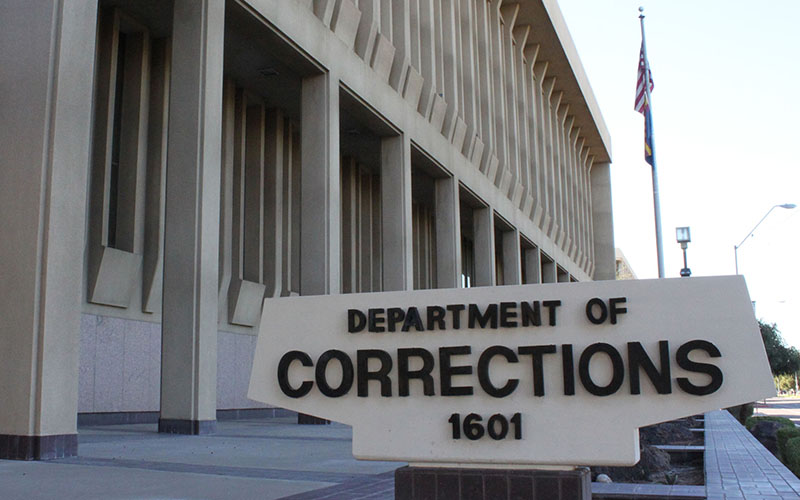WASHINGTON – A federal appeals court Wednesday rejected the plea of an Arizona death row inmate, saying it could not overlook the fact that one of his appeals was filed one day beyond the deadline.
The ruling by a three-judge panel of the 9th U.S. Circuit Court of Appeals means Theodore Washington cannot raise arguments on appeal that helped get one of his co-defendants off death row in a 1987 Yuma shooting.
“Because his attorney did not properly calculate a filing deadline, Theodore Washington has lost his chance for appellate review of his habeas petition,” Judge Ronald Gould wrote in the opinion for the circuit court.
The unanimous decision upheld a district court judge who had also rejected Washington’s appeal for missing the filing deadline.
Attorneys in the case did not immediately return calls Wednesday seeking comment on the circuit court’s decision.

Theodore Washington has been on Arizona’s death row for his part in the 1987 shooting of a Yuma couple, one of whom later died, in their home. (Photo courtesy Arizona Department of Corrections)
Washington was convicted with two other men, Fred Robinson and Jimmy Mathers, in the 1987 shootings, one fatal, of a Yuma couple in their home.
According to information from the Arizona Department of Corrections, Robinson had been living with Susan Hill, who tried repeatedly to leave him. At one point, she went to visit her parents in Yuma and then went on to California without telling Robinson.
Robinson and the other two men loaded up a car with weapons, according to the Corrections Department, and went to the Hills’ home where two of the men entered the home. They brandished weapons and ransacked the house before shooting the couple, killing the mother and seriously injuring the father.
All three men were convicted of murder, attempted murder, robbery and assault, among other charges, and all three were sentenced to death.
But on appeal, the Arizona Supreme Court tossed Mathers convictions and said it was Robinson and Washington who entered the home.
Both men appealed. Robinson was granted a new sentencing trial after the circuit court said he had ineffective counsel at trial and that the sentencing court incorrectly determined the crime to be “cruel, heinous and depraved,” one of the factors leading to a death sentence.
Washington’s appeals were initially rejected by the district court, and it denied his motion to amend that judgment on June 8, 2005. Washington had 30 days to file a notice of appeal of that ruling – but did not file it until “Monday, July 11th, one business day after the 30-day deadline,” the court said.
“The late filing was due to a miscalculation of the filing deadline by a legal secretary in the office of the Federal Public Defender,” Gould’s opinion said. A call to that office was not immediately returned Wednesday.
Had he been able to press his appeal, Washington likely “would have raised issues similar to those raised by one of his co-defendants,” Gould wrote.
But the court said “an untimely appeal may not be construed as a motion for an extension of time” to file.
The appeals court also rejected Washington’s claim that he should be given more time because of “attorney abandonment,” arguing that his counsel’s performance rose to the level of “excusable neglect.”
But the court disagreed, noting that Washington’s attorney “worked diligently throughout the proceedings, and diligently attempted to remedy the error he made once the untimely filing was discovered.”
“Attorney negligence leading to late filing of an appeal is not the type of extraordinary circumstance that warrants relief,” Gould wrote. “Nor has Washington presented any other facts that would constitute ‘extraordinary circumstances.'”
Washington is the only one of the three original defendants remaining on death row.
